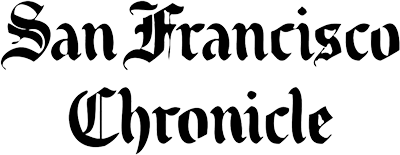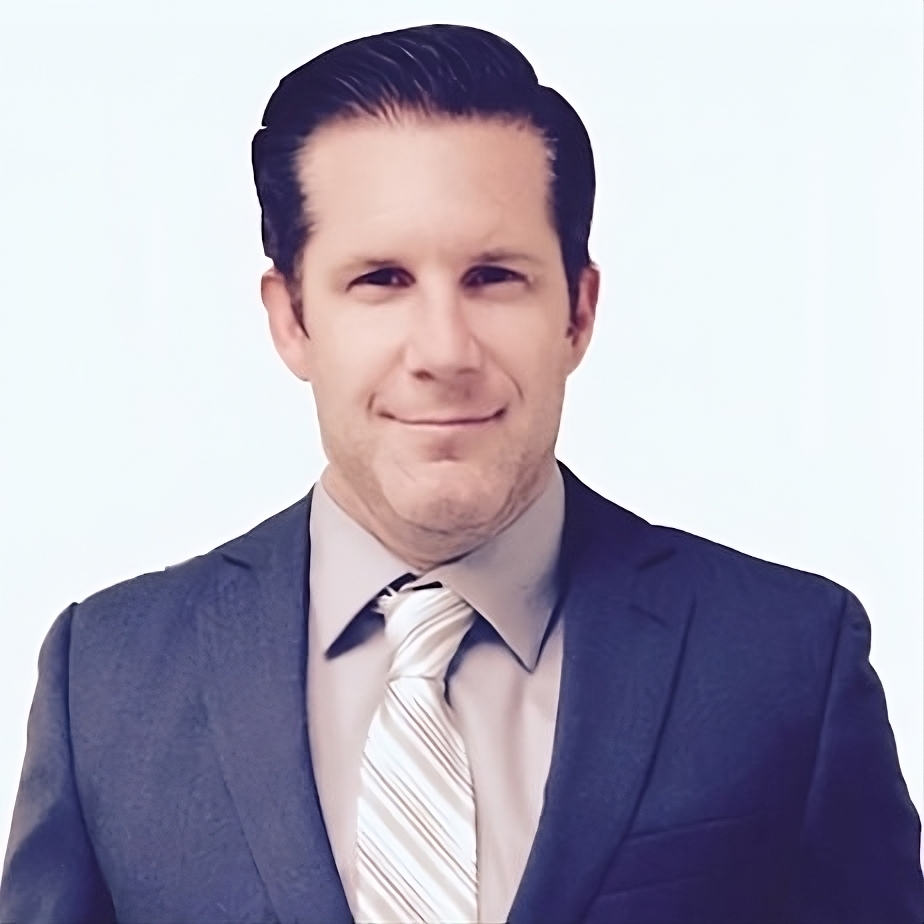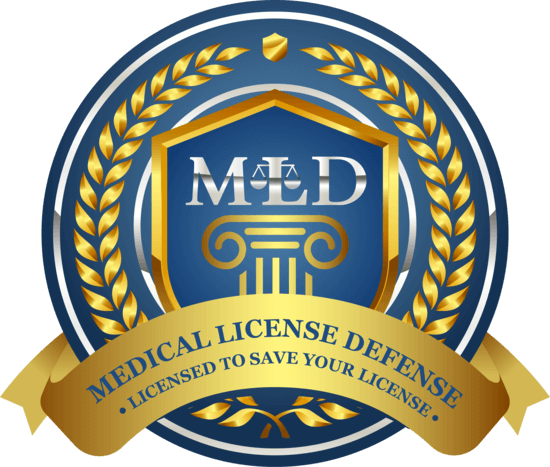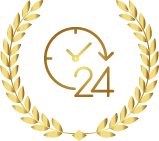The California Board of Psychology plays a critical role in regulating the practice of psychology and ensuring the highest standards of patient care and professional ethics. As a licensed psychologist, facing allegations of misconduct can jeopardize your professional reputation and livelihood. This page aims to provide guidance and support to psychologists who are accused of misconduct and help them understand the role of the California Board of Psychology in the licensing process. Additionally, we will discuss potential defense strategies that a skilled psychologist license defense lawyer may employ to protect your license and professional future.
Understanding the California Board of Psychology:
- Regulatory Authority: The California Board of Psychology is responsible for licensing and regulating psychologists in the state. Its primary goal is to protect the public by ensuring that psychologists meet the required standards of competence, ethics, and professional conduct.
- Licensing Standards: The Board establishes rigorous standards for licensure, including education, training, examination, and ongoing professional development. It also investigates complaints against psychologists and takes disciplinary action when necessary.
Types of Misconduct Allegations: Psychologists may face various types of misconduct allegations, including:
- Professional Negligence: Failing to provide competent and appropriate psychological services, resulting in harm to the patient.
- Ethical Violations: Breaching professional ethics codes, such as confidentiality breaches, dual relationships, or conflicts of interest.
- Sexual Misconduct: Engaging in inappropriate relationships or behaviors with clients, including sexual exploitation.
- Unprofessional Conduct: Behaving in a manner that violates the established standards of professional conduct, such as fraud, dishonesty, or substance abuse.
- Incompetence: Demonstrating a lack of professional competence or skills in delivering psychological services.
Potential Defense Strategies: A skilled psychologist license defense lawyer may employ several defense strategies to protect your license:
- Challenging the Allegations: Your attorney will thoroughly examine the evidence against you, identifying any weaknesses or inconsistencies. They will challenge the allegations by presenting counter-evidence, expert testimony, or demonstrating that the actions in question do not constitute misconduct.
- Professional Standard of Care: Your attorney will assert that your actions as a psychologist were consistent with the prevailing professional standard of care. They may present expert witnesses who can testify to your competence and adherence to ethical guidelines.
- Lack of Intent or Mitigating Factors: In certain cases, your attorney may argue that any alleged misconduct was unintentional or resulted from extenuating circumstances. They will present evidence to support the claim that you did not have malicious intent or that there were mitigating factors that affected your behavior.
- Rehabilitation Efforts: If the allegations involve substance abuse or mental health issues, your attorney can help demonstrate your commitment to rehabilitation. This may include evidence of participation in treatment programs, therapy, and ongoing monitoring to ensure your practice is safe and compliant.
- Procedural Defenses: Your attorney will ensure that all procedures followed by the California Board of Psychology are fair and in compliance with applicable laws and regulations. They will identify any procedural errors or violations that may strengthen your defense.
Collaborating with the California Board of Psychology:
- Open Communication: Maintaining open and transparent communication with the Board is crucial throughout the investigation and disciplinary process. Your attorney will effectively communicate with the Board on your behalf, ensuring that your perspective is accurately represented.
- Compliance with Board Requirements: Your attorney will guide you in meeting any requirements set forth by the Board, such as participating in educational programs, ethics courses, or additional training. Demonstrating compliance and a commitment to professional growth can positively impact the outcome of your case.
- Board Hearings and Appeals: If necessary, your attorney will represent you during Board hearings, presenting a strong defense and advocating for your rights. They can also assist you in filing appeals if the Board issues adverse decisions.
When facing misconduct allegations that endanger your psychologist license, enlisting the services of a skilled psychologist license defense lawyer is essential. They will guide you through the complexities of the California Board of Psychology’s processes, protect your rights, and develop effective defense strategies tailored to your case. Contact [Your Law Firm] today to discuss your situation and take proactive steps to safeguard your psychologist license and professional future.















